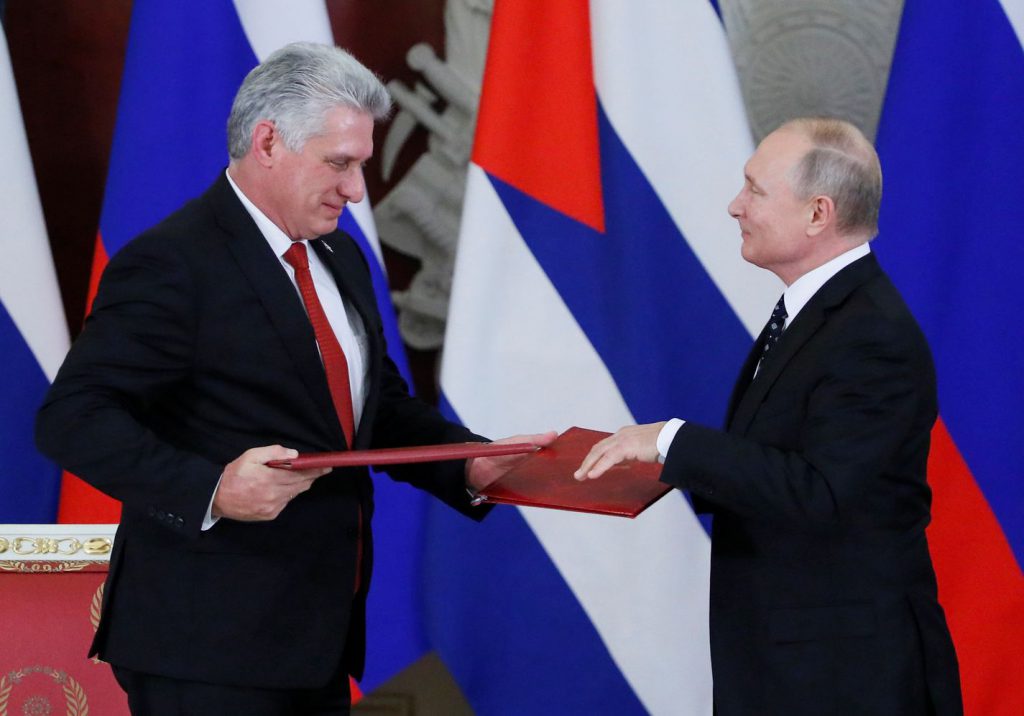The BRICS alliance received applications for membership from countries in Asia, Africa, South America, and Eastern Europe. For the first time, BRICS has officially received an application to join the bloc from a developing country in North America. This puts the spotlight on the US as neighboring nations are finding the de-dollarization agenda lucrative.
Also Read: BRICS Country Rejects De-Dollarization, Embraces the US Dollar
Around 48 countries have now applied to join BRICS before the October 2024 summit. While 27 countries have formally applied to join the alliance, 21 nations have informally expressed their interest in BRICS membership. Read here to know the major sector that will be impacted if BRICS ditches the dollar for trade.
Also Read: BRICS: 12 Countries Ditch US Dollar, Pay 85% Trade in Local Currencies
BRICS Membership: North American Country Cuba Applies to Join Alliance

The North American country Cuba has officially applied for BRICS membership in October 2024 on the heels of the upcoming summit. Russian Ambassador to Cuba Viktor Coronelli confirmed that the North American country has applied to join the alliance.
Also Read: BRICS: US Dollar Reserves Fall Below 60% For the First Time Since 1995
“Cuba has shown interest in joining the BRICS association,” confirmed Coronelli. “Moreover, they have already submitted an official application to the Russian side for partner status, as Russia is chairing BRICS this year. The Cubans have interest and the corresponding application has been formalized,” he said. It is now up to the other member countries to decide if Cuba will be given BRICS membership.
Also Read: BRICS: A New World Order in Progress
Coronelli revealed that the bloc has sent the Cuban President Miguel Díaz-Canel to attend the 2024 summit. BRICS membership is a consensus-based decision and all member nations have to agree for induction. “The Cuban president has an invitation, we expect him to visit Kazan on October 22-24. In our opinion, they are interested in almost all areas of BRICS activities and we have to wait for the decision on granting partnership status to see where they will participate more or less actively,” the Ambassador concluded.
















